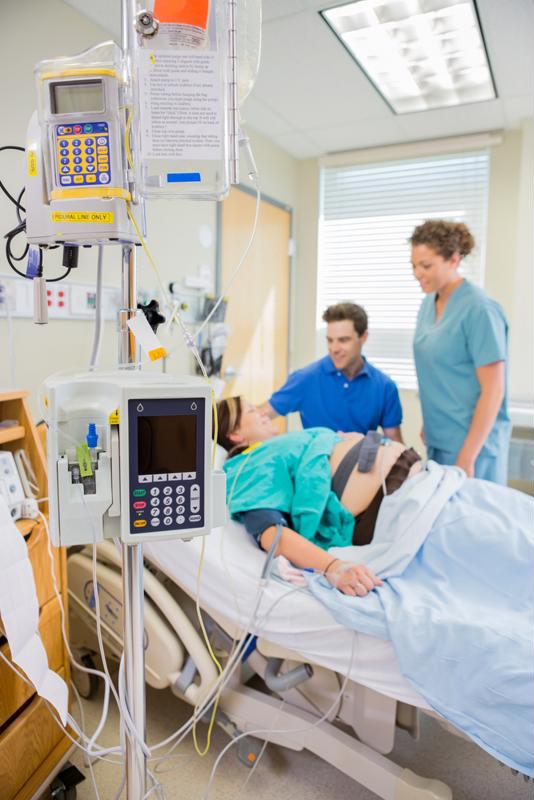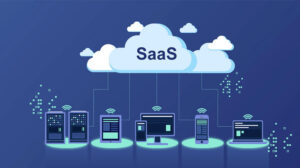Some news out of California is highlighting the need for health care facilities to take their cybersecurity more seriously. The Hollywood Presbyterian Medical Center was recently hit by a ransomware attack. These kinds of schemes basically lock people out of their computers and other devices, forcing them to pay a hefty fee if they ever want access to their own files.
While this type of attack is bad enough for an individual, directing one toward a hospital is incredibly damaging. These professionals rely on the health records they keep in order to ensure the well-being of their patients, and the hackers involved in this plot are putting lives at risk with their actions.

Thankfully, the medical workers haven't given in. Despite the hackers demanding $3.4 million to turn services back on, hospital staff has decided not to pay, using faxing and hand-written notes to circumvent the other systems that aren't working right now.
Faxing is more secure
Although this attack took down systems ranging from medical record databases to the CT scanning devices, fax machines are still in full operation. This is because faxing is much more secure than other forms of digital communication such as email.
Aside from the fact that staff can't currently use the hospital's digital infrastructure due to the attack, sending sensitive information through an email is just more fodder for the hackers. Legacy fax machines can't be hacked like a computer can, and they are a great solution for a hospital trying to continue communications during a massive cyberattack.
Ransomware attacks on the rise
Despite the fact that this might be one of the first times ransomware has been used to target an entire hospital, this specific piece of malware has been developing for some time now. In fact, hackers have been relying on these attacks more than ever in order to extort money from their victims. The McAfee Labs Threats Report from November 2015 stated that a single type of ransomware called CryptoWall Version 3 has netted criminals more than $325 million.
The same team discovered in May 2015 how quickly these kinds of attacks are gaining popularity among the online criminal underground. The first quarter of 2015 saw a 165 percent increase in ransomware schemes over the previous quarter, an upward trend that has been apparent for some time now. It's clear hackers love to lock people out of their own machines, but that's not all.
"Ransomware-as-a-Service has also been receiving a lot of support from criminals."
Ransomware-as-a-Service has also been receiving a lot of support from criminals, according to the McAfee Labs 2016 Threat Predictions report. This is where someone pays a hacker for the ability to use a specific piece of ransomware that will be used in a widespread attack later. Basically, it means that just about any person with the right connections can hold a facility's precious data hostage.
FoIP archiving helps battle ransomware
While the security advantages of legacy fax systems are apparent, this technology's more advanced cousin has an even better way to combat ransomware attacks. While not being able to use the machine itself is obviously annoying, when you get down to it, the real problem of a ransomware attack is the fact that you can't access important files on demand.
As we’ve seen in the case of the Hollywood Presbyterian Medical Center, ransomware in healthcare can have catastrophic consequences to certain facilities. Not being able to access patient information can put lives at risk, and it's why the hospital has had to transfer patients to other medical centers, according to The Verge. That being said, there is a way to protect the security of a faxing system while also having certain important documents set aside to be accessed in the event of a ransomware attack.
Fax over IP not only keeps records transmitted over the system private and out of the hands of hackers, it also archives messages for later review. While this isn't as all-inclusive as a backup system, having your most vital documents on hand can seriously help keep operations running during a ransomware attack. These records can also be retrieved from any Web browser, meaning medical professionals can simply go offsite if they need to access important information.
Enhance enterprise communication, collaboration and compliance efforts with a proven FoIP solution from FaxCore. Contact FaxCore today to learn more about their 'Partly-Cloudy' fax solutions.




